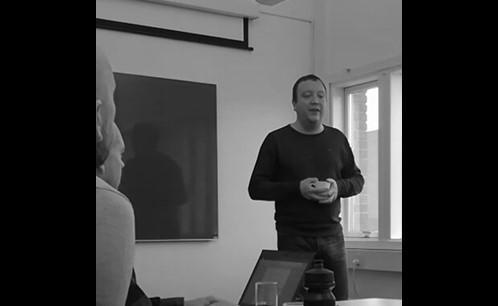How to become more successful in your project.
Why do projects fail?
Many organisations struggle with the lack of success of the projects they initiate and run.
For a diversity of reasons, projects fail or are challenged when they do deliver, but over budget, not meeting the required milestone dates.
Even if they deliver, the expected benefits are not achieved.
What are the most common reasons project fail?
One key reason is found in the way projects are initiated in big companies as well as public organisations:
Some of the other reasons why projects are challenged or even fail are:
This PM Fundamentals course will give you the basics of good practice project management based on the PMI (Project Management Institute) framework.
The course is a combination of knowledge transfer and hands-on work in small groups on real projects.
The course will provide you with a lot of ideas to improve your project management capabilities and will encourage you to apply this in your next project!
One day, when you have more experience running projects that are successfully completed you will be ready to go for the Readynez PMI-PMP (Project Management Professional) training and certification.
Dates:
24-25 March
5-6 April
17-18 May
14-15 June
30 Jun - 1 Jul
12-13 Jul
Sign up: tilla.birkholz@lonza.com

Get Unlimited access to ALL the LIVE Instructor-led Security courses you want - all for the price of less than one course.
These are the topics we´ll cover in your training programme:
